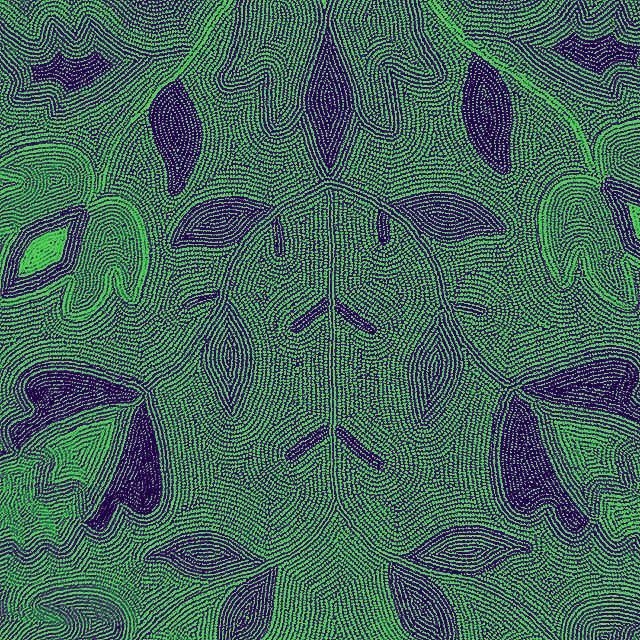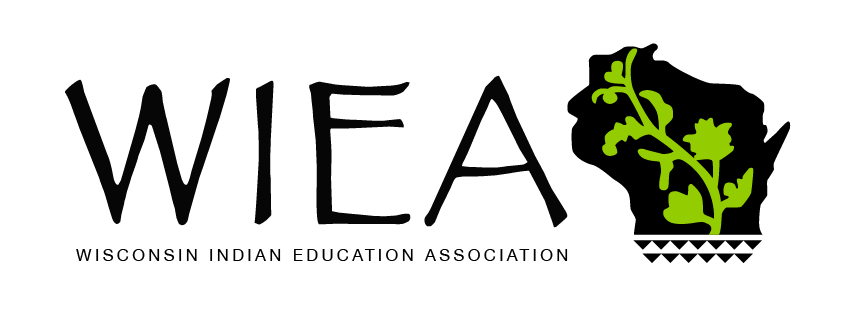
For information on the 2026 WIEA, please follow this link: WIEA Conference
WIEA was established in 1985 by a group of concerned Indian Educators to carry on the efforts of the former Great Lakes Intertribal Council (GLITC) Education sub-committee. The GLITC Education Committee began in the early 1970s but was disbanded around 1983 because of a lack of funds. A group of concerned Indian Educators began meeting in 1984 and after a series of meetings during that year, developed By-laws and a mission statement. The group was formally organized in 1985 as the Wisconsin Indian Education Association.
In its initial stages, the organization was primarily information sharing, however, in recent years the Board has become proactive regarding issues that affect Indian education. Some of the work of the WIEA includes:
Appointments to the Governors Task Force on Recruitment and Retention of minorities to the Wisconsin Technical College system.
Providing input to the University of Wisconsin System’s Design for Diversity and Plan 2008.
Serving in an advisory capacity to the Wisconsin State Superintendent and the Department of Public Instruction for programs that affect Indian students in the public school system.
Providing testimony before the Wisconsin State Legislature on issues such as strengthening Act 31 of 1989, increasing the maximum award for the Wisconsin Indian Grant, and Indian mascots and logos in public schools
The Association has seven regions throughout the State. Each region elects/appoints two representatives as WIEA Board members for a two-year term. The Officers of the Board are elected at a Business Meeting held during the annual WIEA conference. Each Region’s Board members are responsible for hosting a meeting in their region throughout the year to share and gather information for the Board to either act upon or disseminate to all other WIEA members.
The Board meets every month except December. Meetings are held in various regions throughout the state in an effort to get input from the general membership regarding their issues and concerns. The Association applied for and was granted 501 C3 non-profit tax-exempt status in 1986 with the idea that fundraising for scholarships would be one of the Association’s major efforts.
Contact Us!
Feel free to contact us with any questions.
